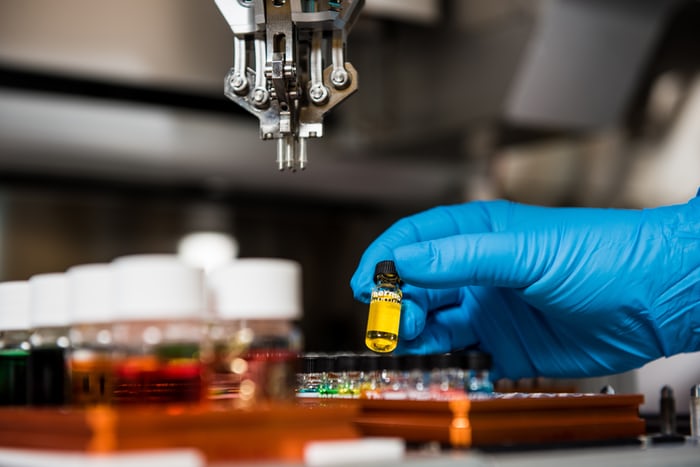President Díaz-Canel, has recognised the central role of Cuban science in bringing the COVID-19 epidemic under control.
Noting that the country had experienced six consecutive days without deaths, was seeing a significant reduction in the number of critically ill and seriously ill patients, as well as more people leaving medical facilities than entering them, he said this was “undoubtedly the outcome of the multidisciplinary scientific research that that the country had undertaken”.
He noted that in comparison to many health systems worldwide that had collapsed, Cuba had prepared 1,400 intensive care beds most of which were not required because of the effective isolation and contact measures that had been introduced. “The strength of what we have done”, he told scientists during a visit on 19 May to the Cuban Neuroscience Centre, “is not only in what we have gone through, but in what we do in the future”.
The measure now, he said, will be how Cuba “immunises the population with vaccines and the use of drugbased therapies that have been shown to lift the system”, as well as how it cares for children suffering the consequences, and the quality of life it gives to those who fell ill.
Speaking about a vaccine, Díaz-Canel said “even if there are vaccines from other countries, we need ours, to have sovereignty”.
In subsequent comments on 22 May, Cuba’s President said the country had “achieved a worthy result” given the complex economic and social situation caused by the US embargo. Speaking to scientists and experts at the Presidential Palace, he noted “the scientific result we have achieved has given the country tremendous visibility and prestige, as a fundamental component in the confrontation”.
Díaz-Canel said that it would be necessary to move towards normality without seeing any further outbreak as other nations had. This would involve maintaining hygiene measures, physical distancing, active research, differentiated care for the vulnerable, regulation of the number of people by certain spaces, social responsibility and constant research and study on the disease.
He noted that the disease had been conforming with the country’s scientific knowledge, which made an exit strategy possible based on predictions about the reduction of risks and vulnerabilities. “In the world, 80% of patients who reach the critical state are dying. In Cuba, with the use of these medications (developed by Cuba), 80% of those who reach critical and serious states are being saved”, Díaz-Canel said.
As of the end of 23 May, Cuba’s Ministry of Health reported a significant decline in new coronavirus infections and deaths. It said that as of that date Cuba had recorded in total 1,941 cases of COVID-19 from which 1,689 patients have recovered and 82 have died. Of these some 585 individuals remained in hospitals for clinical epidemiological surveillance while another 1,704 were being monitored in their homes. There are 11.3m Cubans living in Cuba.





